1
When I was a teenager, I prided myself on my rationality not because I was particularly analytical but because I was in denial of my emotionality. I had internalized what society had told me about what it meant to be an emotional woman: your feelings are silly, your pain is unimportant, so grow up and stop being sad about things that don’t matter. As a society, we hold emotionality and rationality as mutually exclusive entities but in actuality, they are intertwined; our feelings are catalyzed. And this book taught me that well, there’s more to life than being good at math (which for the record, I’m amazing at).
2
The eponymous Frankie Landau-Banks is one of my top 5 female protagonists of all time. I first read this book when I was 14 and at a crossroads between being who I was supposed to be, smart, quiet, sensitive (but not too sensitive), and well, harmless, and being a force to reckoned with; I’d like to think I chose the latter. I swore to myself around then that I would never be simple and when anybody was asked to describe me, the first thing they’d say would never be “nice.”
3
There’s a quote from an essay on Dostoyevsky’s The Idiot stating that Anna had to die for the novel to make narrative sense and I said, “Yes, because her story was written by a man.” Anna is the kind of woman men can’t handle even if they love her; Vronsky loved her but he was too cowardly to fight for her. Anna endures in the literary canon because her struggles against the shackles of the patriarchy, resonate to this day. In some ways, despite her affair, she’s the most righteous person in the book (more than Levin!), brave and intelligent but with a profound yearning inside her that ultimately leads her to desecrate her marriage and reputation all for someone that doesn’t remotely deserve her.
4
Like, Scarlett O’Hara, I am very well-acquainted with the sentiment of being surrounded by people who not only underestimate me but also prioritize the semblance of propriety over the truth of the matter, which I identified with even as a 10-year-old (who really shouldn’t have been reading this book in the first place). Moreover, the scene when Scarlett panics after her second husband’s (who she stole from her sister to save her home from foreclosure) death, not because she particularly cared for him but rather because she fears the potential for divine retribution due to her dismissing and goading him in life, resonated with me. I too have also often felt far guiltier about not feeling guilty in situations where my guilt is assumed than in situations where I actually did something worthy of feeling guilt. Plus, Scarlett and I both understand the important of stylish clothes even, and possibly more so, when the world is collapsing around us.
5
My friend Matthew told me once that my favorite Shakespeare play was King Lear because I like standing out in the storm with FOOLS. I’ve read before that while Hamlet is colloquially regarded the best play, Lear dominates among esteemed literary circles and I agree with that assertion. Cordelia is my favorite character in the play because she’s honest to the point she gets banished for it; while her father must gain a good deal of humility and truly repent his sins to earn Cordelia’s forgiveness, it is Cordelia who ultimately forgives him for his sins. I don’t believe in true narrative redemption because the good does not erase the bad and someone’s guilt doesn’t erase the magnitude of harm they have done onto others. But that being said, unconditional love can justify forgiving someone who might not deserve to be forgiven in the first place, which is a nuance that Shakespeare, in any case, understands.
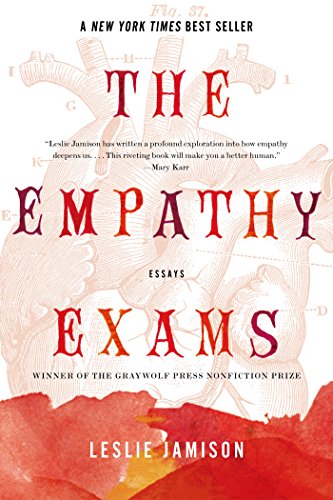
1
When I was a teenager, I prided myself on my rationality not because I was particularly analytical but because I was in denial of my emotionality. I had internalized what society had told me about what it meant to be an emotional woman: your feelings are silly, your pain is unimportant, so grow up and stop being sad about things that don’t matter. As a society, we hold emotionality and rationality as mutually exclusive entities but in actuality, they are intertwined; our feelings are catalyzed. And this book taught me that well, there’s more to life than being good at math (which for the record, I’m amazing at).
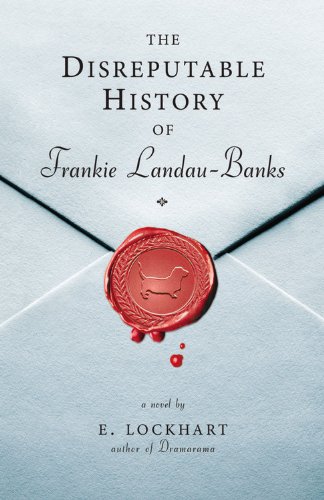
2
The eponymous Frankie Landau-Banks is one of my top 5 female protagonists of all time. I first read this book when I was 14 and at a crossroads between being who I was supposed to be, smart, quiet, sensitive (but not too sensitive), and well, harmless, and being a force to reckoned with; I’d like to think I chose the latter. I swore to myself around then that I would never be simple and when anybody was asked to describe me, the first thing they’d say would never be “nice.”
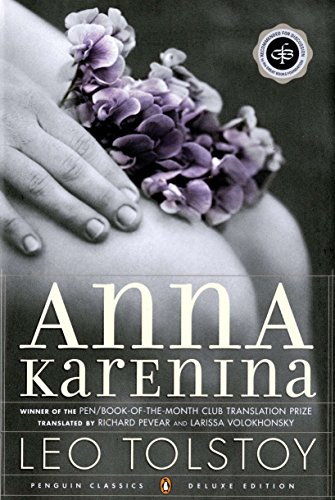
3
There’s a quote from an essay on Dostoyevsky’s The Idiot stating that Anna had to die for the novel to make narrative sense and I said, “Yes, because her story was written by a man.” Anna is the kind of woman men can’t handle even if they love her; Vronsky loved her but he was too cowardly to fight for her. Anna endures in the literary canon because her struggles against the shackles of the patriarchy, resonate to this day. In some ways, despite her affair, she’s the most righteous person in the book (more than Levin!), brave and intelligent but with a profound yearning inside her that ultimately leads her to desecrate her marriage and reputation all for someone that doesn’t remotely deserve her.
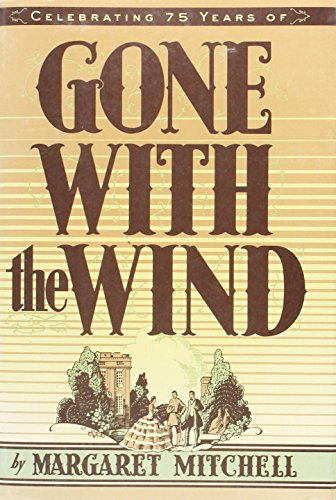
4
Like, Scarlett O’Hara, I am very well-acquainted with the sentiment of being surrounded by people who not only underestimate me but also prioritize the semblance of propriety over the truth of the matter, which I identified with even as a 10-year-old (who really shouldn’t have been reading this book in the first place). Moreover, the scene when Scarlett panics after her second husband’s (who she stole from her sister to save her home from foreclosure) death, not because she particularly cared for him but rather because she fears the potential for divine retribution due to her dismissing and goading him in life, resonated with me. I too have also often felt far guiltier about not feeling guilty in situations where my guilt is assumed than in situations where I actually did something worthy of feeling guilt. Plus, Scarlett and I both understand the important of stylish clothes even, and possibly more so, when the world is collapsing around us.
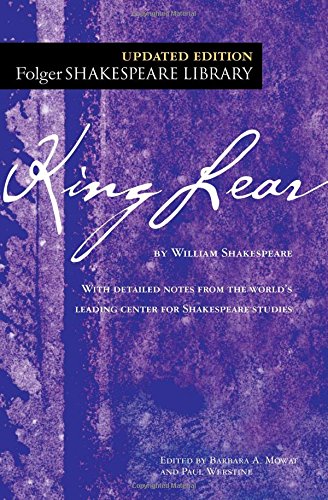
5
My friend Matthew told me once that my favorite Shakespeare play was King Lear because I like standing out in the storm with FOOLS. I’ve read before that while Hamlet is colloquially regarded the best play, Lear dominates among esteemed literary circles and I agree with that assertion. Cordelia is my favorite character in the play because she’s honest to the point she gets banished for it; while her father must gain a good deal of humility and truly repent his sins to earn Cordelia’s forgiveness, it is Cordelia who ultimately forgives him for his sins. I don’t believe in true narrative redemption because the good does not erase the bad and someone’s guilt doesn’t erase the magnitude of harm they have done onto others. But that being said, unconditional love can justify forgiving someone who might not deserve to be forgiven in the first place, which is a nuance that Shakespeare, in any case, understands.
© Five Books 2026